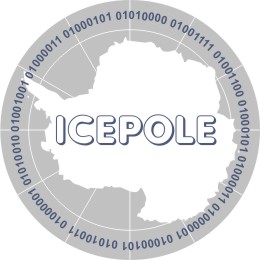CERG Support of CAESAR
CERG is deeply involved in CAESAR: Competition for Authenticated Encryption: Security, Applicability, and Robustness. Members of CERG have developed the CAESAR Hardware API for authenticated ciphers, approved by the CAESAR Committee. Our group has also developed comprehensive Development Package, including VHDL and Python code common for all candidates, and the corresponding Implementer's Guide. CERG has contributed optimized high-speed RTL implementations AES-GCM, 11 Round 3 and 24 Round 2 CAESAR Candidates. Members of our team have also conducted comprehensive FPGA benchmarking of all Round 3 and all Round 2 implementations, submitted by 16 hardware design teams from all over the world. The comprehensive rankings can be reviewed by accessing the ATHENa Database of Results. The summary of the Round 2 RTL benchmarking effort and an alternative benchmarking methodology based on High-Level Synthesis were presented at DIAC 2016. The summary of the Round 3 RTL benchmarking effort was posted on the CAESAR page of the ATHENa website in August 2017. Additionally, two current members (Ice and Dr. Gaj) and one former member of CERG (Marcin) were co-authors of ICEPOLE, a high-speed, hardware-oriented Round 2 CAESAR candidate, suitable for any environment where specialized hardware (such as FPGAs or ASICs) could be used to provide high data processing rates.
